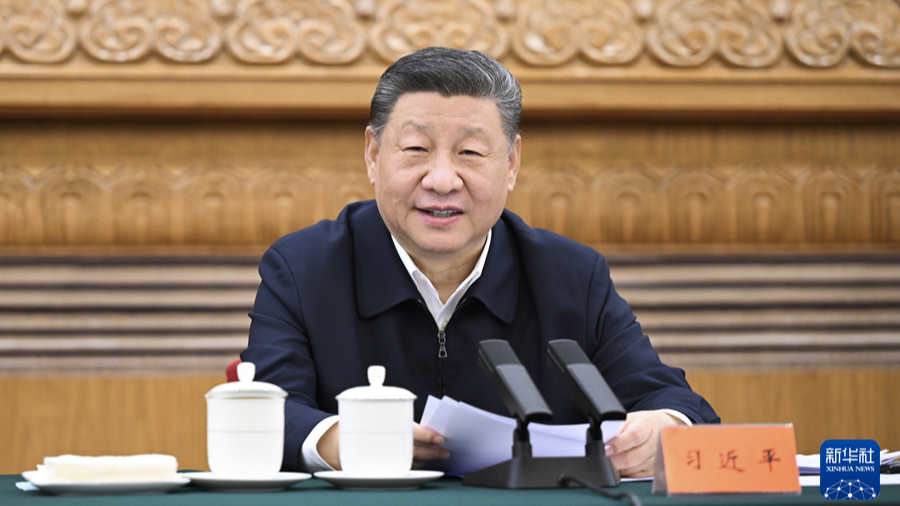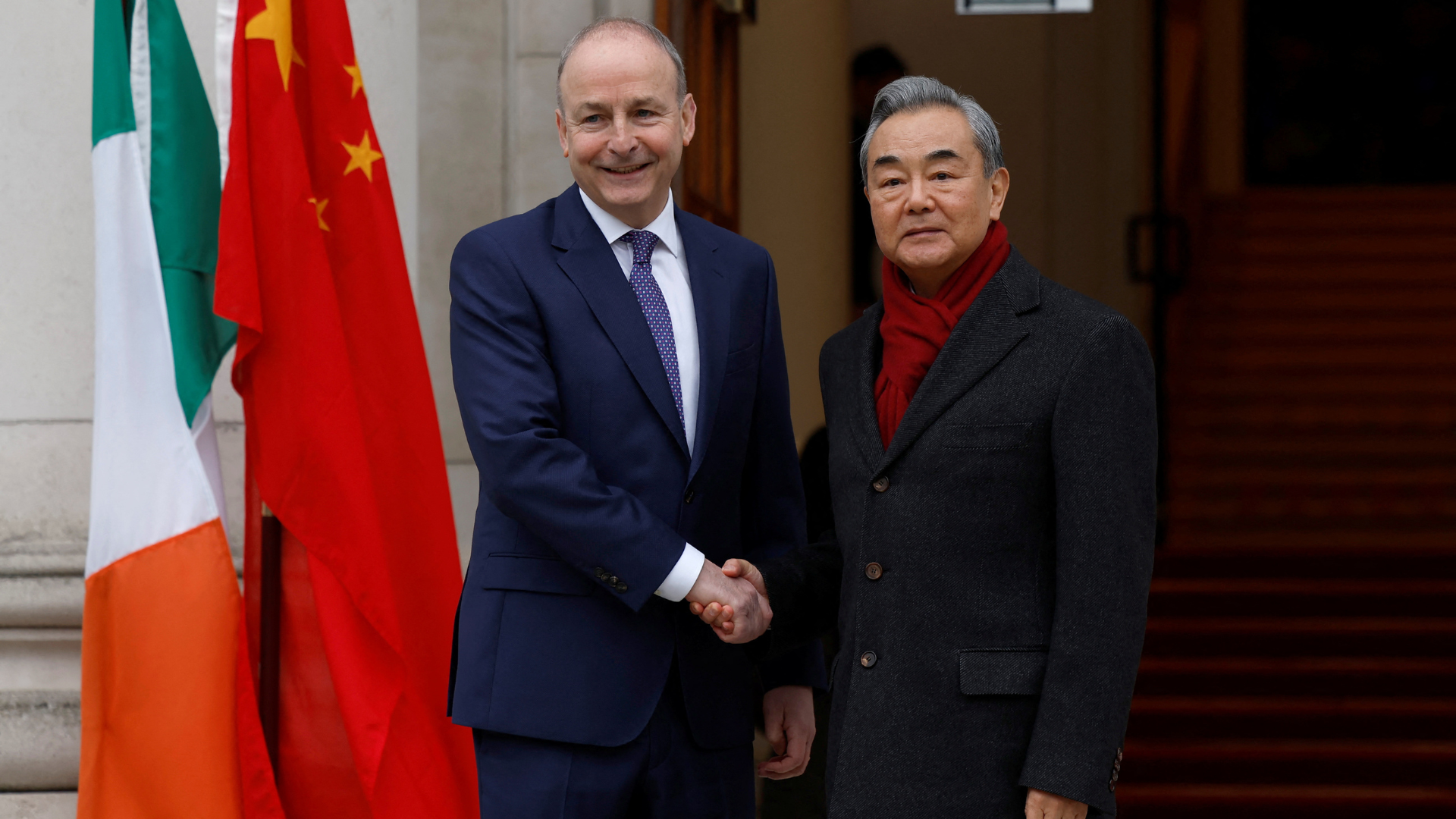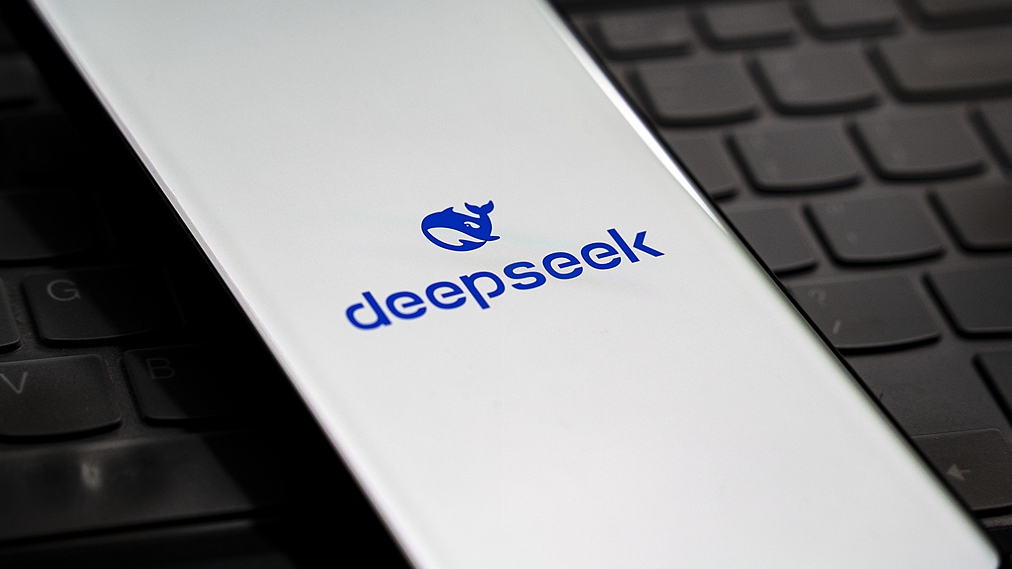By continuing to browse our site you agree to our use of cookies, revised Privacy Policy and Terms of Use. You can change your cookie settings through your browser.
I agree
Search Trends
CHOOSE YOUR LANGUAGE
- Albanian Shqip
- Arabic العربية
- Belarusian Беларуская
- Bengali বাংলা
- Bulgarian Български
- Cambodian ខ្មែរ
- Croatian Hrvatski
- Czech Český
- English English
- Esperanto Esperanto
- Filipino Filipino
- French Français
- German Deutsch
- Greek Ελληνικά
- Hausa Hausa
- Hebrew עברית
- Hungarian Magyar
- Hindi हिन्दी
- Indonesian Bahasa Indonesia
- Italian Italiano
- Japanese 日本語
- Korean 한국어
- Lao ລາວ
- Malay Bahasa Melayu
- Mongolian Монгол
- Myanmar မြန်မာဘာသာ
- Nepali नेपाली
- Persian فارسی
- Polish Polski
- Portuguese Português
- Pashto پښتو
- Romanian Română
- Russian Русский
- Serbian Српски
- Sinhalese සිංහල
- Spanish Español
- Swahili Kiswahili
- Tamil தமிழ்
- Thai ไทย
- Turkish Türkçe
- Ukrainian Українська
- Urdu اردو
- Vietnamese Tiếng Việt
Copyright © 2024 CGTN.
京ICP备20000184号
CHOOSE YOUR LANGUAGE
- Albanian Shqip
- Arabic العربية
- Belarusian Беларуская
- Bengali বাংলা
- Bulgarian Български
- Cambodian ខ្មែរ
- Croatian Hrvatski
- Czech Český
- English English
- Esperanto Esperanto
- Filipino Filipino
- French Français
- German Deutsch
- Greek Ελληνικά
- Hausa Hausa
- Hebrew עברית
- Hungarian Magyar
- Hindi हिन्दी
- Indonesian Bahasa Indonesia
- Italian Italiano
- Japanese 日本語
- Korean 한국어
- Lao ລາວ
- Malay Bahasa Melayu
- Mongolian Монгол
- Myanmar မြန်မာဘာသာ
- Nepali नेपाली
- Persian فارسی
- Polish Polski
- Portuguese Português
- Pashto پښتو
- Romanian Română
- Russian Русский
- Serbian Српски
- Sinhalese සිංහල
- Spanish Español
- Swahili Kiswahili
- Tamil தமிழ்
- Thai ไทย
- Turkish Türkçe
- Ukrainian Українська
- Urdu اردو
- Vietnamese Tiếng Việt
Copyright © 2024 CGTN.
京ICP备20000184号
互联网新闻信息许可证10120180008
Disinformation report hotline: 010-85061466




















Editor's note: Ankit Prasad is a CGTN biz commentator. The article reflects the author's views and not necessarily those of CGTN.
By all accounts, the world is currently in the midst of a global AI arms race. In this race, the players comprise both business entities and the countries that are home to them. Gauging by the liberal use of the word "safety" in all of the conversations surrounding AI, the potential implications for humanity (particularly if things go wrong) could be significant. While the stakes could be sky-high, the notion of there being a "hype" connotation to this race cannot be wished away – particularly when it comes to the vast sums of money, funding and investment being spoken of in lay conversation by involved persons. There are two reasons for this cloud of doubt about the (monetary) cost of AI, and they also help to give that cloud a range – from about $6 million to $500 billion.
The argument for the $6 million corner comes from China, and has warped both the AI power rankings as well as the hitherto understood means to success. DeepSeek, an unheralded AI lab based in Hangzhou of China's Zhejiang Province, has gone viral in app stores and on AI business and social media circles following the release of the DeepThink R1 reasoning mode in its AI chatbot application. In the rarefied and ever-changing atmosphere of technical chatbot-vs-chatbot comparisons, where versions, numbers and decimals can make people wish that AI looks itself in a mirror, the DeepSeek R1's "reasoning" can make a deeply impressive argument. It tells you how it thinks, and to a layperson who doesn't know the difference between compute tokens and crypto tokens, it definitely comes across as eye-opening and organically intelligent. That this endeavor by DeepSeek has only cost it in the range of $6 million (as per CNBC as well as in prevalent media discussion) has shaken up the industry.
While more will undoubtedly come to be known about DeepSeek in the coming future, the comparison is clear and the implications are already being drawn out. This lab in China is said to have trained on just a fraction of the resources used by leading US companies in the field, like OpenAI which began the generative AI revolution as we know it with the launch of ChatGPT just about two years ago. Nvidia, which used to be a gaming graphics card (GPU) maker but has now become among the most valuable companies in the world by becoming the sole gold mine of sorts for AI chips, only had a modest contribution to DeepSeek's success. The comparatively limited number of Nvidia's H100 chips used by DeepSeek is a fly in the face of bids in the US to build AI supercomputer clusters comprising hundreds of thousands of more advanced Nvidia chips.
While the DeepSeek app has stormed app store charts, its DeepThink R1 reasoning mode has been compared favourably with OpenAI's new "thinking" o1 AI model. /VCG
Leading US-based lights in the AI field, several of whom were at one time or the other involved in (or with) OpenAI, have been stated to be of the view that the three factors that determine AI's trajectory are algorithms, data and compute. In terms of the first, DeepSeek is open-sourced, making it rare among its competitors, with Meta’s Llama seemingly being its closest US rival. In terms of the second – data is an evolving space in AI. Some claim it's hit a barrier and is transforming & turning to "synthetic" data which is the next revolution, teeing up "agentic AI" which will be personalized to the extent of being able to think and make decisions for you and on your behalf. And the third, compute, is the big money sinkhole, ratcheted up to an entry barrier limited by access to Nvidia.
That's the starting point for the second "$500 billion" cost argument for AI. Days into his second term as US President, Donald Trump announced a new AI company named Stargate involving the best-known people of OpenAI, Oracle, and Softbank with investment also from UAE's MGX. This company would invest the aforementioned half a trillion dollars, starting with $100 billion and the rest over the coming years, into AI infrastructure in the US. And immediately, there was a meltdown.
Elon Musk, who is well-known to be in Trump's corner but is famously quarreling with OpenAI's Sam Altman, poured scorn on Stargate, posting on his social media platform X that Stargate doesn't have the money it's talking about and by calling Altman a "swindler." Satya Nadella, CEO of Microsoft, which has a big stake in OpenAI, once again fanned the ever-present speculation of strain in the Microsoft-OpenAI relationship by tacitly echoing Musk's doubts. Nadella told CNBC he only vouched for the $80 billion Microsoft intends to invest in AI this year. Not to be outdone, Meta's Mark Zuckerberg posted on Facebook about his plans to invest (a paltry by comparison!) $60-$65 billion in 2025 in Meta AI to build a data center that would be comparable in size to the island of Manhattan. And American billionaires aren't the only ones talking about putting in billions and billions of dollars. As per TechCrunch, over in India, oil-to-data conglomerate Reliance's Mukesh Ambani is said to be ready to build an AI data center that would eventually be 50% larger than the 2GW resource Zuckerberg is talking about. Ambani had announced a tie-up with Nvidia a few months ago alongside Nvidia CEO Jensen Huang.
US President Donald Trump announces AI company Stargate, alongside Oracle's Larry Ellison, SoftBank's Masayoshi Son and OpenAI's Sam Altman, at the White House, Washington DC, on January 21, 2025. /VCG
In all the high-powered chatter about whether or not the US-based Stargate has the money and who's putting in how much, the question China-based DeepSeek brings to the table going ahead is does AI need that amount of money at all? Or is it an attempt to create an entry barrier, perceived or otherwise, on the road to the fabled AGI (artificial general intelligence)? And with open-sourcing and feats that include being able to run DeepSeek from a cluster of computers you'd find in an office, there appears a pretty sound case that better progress margins in AI may be found via distillation and not by starting from scratch.
Last, but not least, is the geopolitical ramification – for there is undoubtedly one, and it perhaps surprisingly only partially involves Trump. His predecessor Joe Biden's last-ditch move to restrict AI-related exports to China, which was severely criticized even by the top US AI players, is looking increasingly like it may also join that ever-growing list of policies and actions by that administration which may not be remembered as particularly effective or wise. Innovation generally finds a way and DeepSeek has potentially raised as many questions within the AI community, validated by the sharp fall in prominent US AI-related stocks.